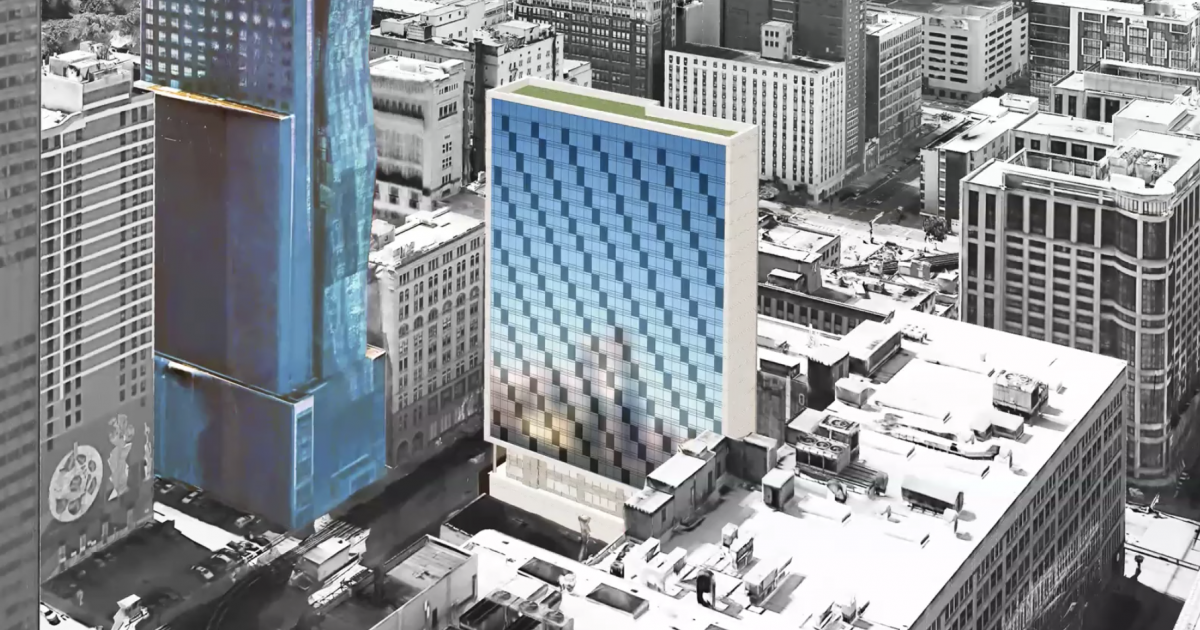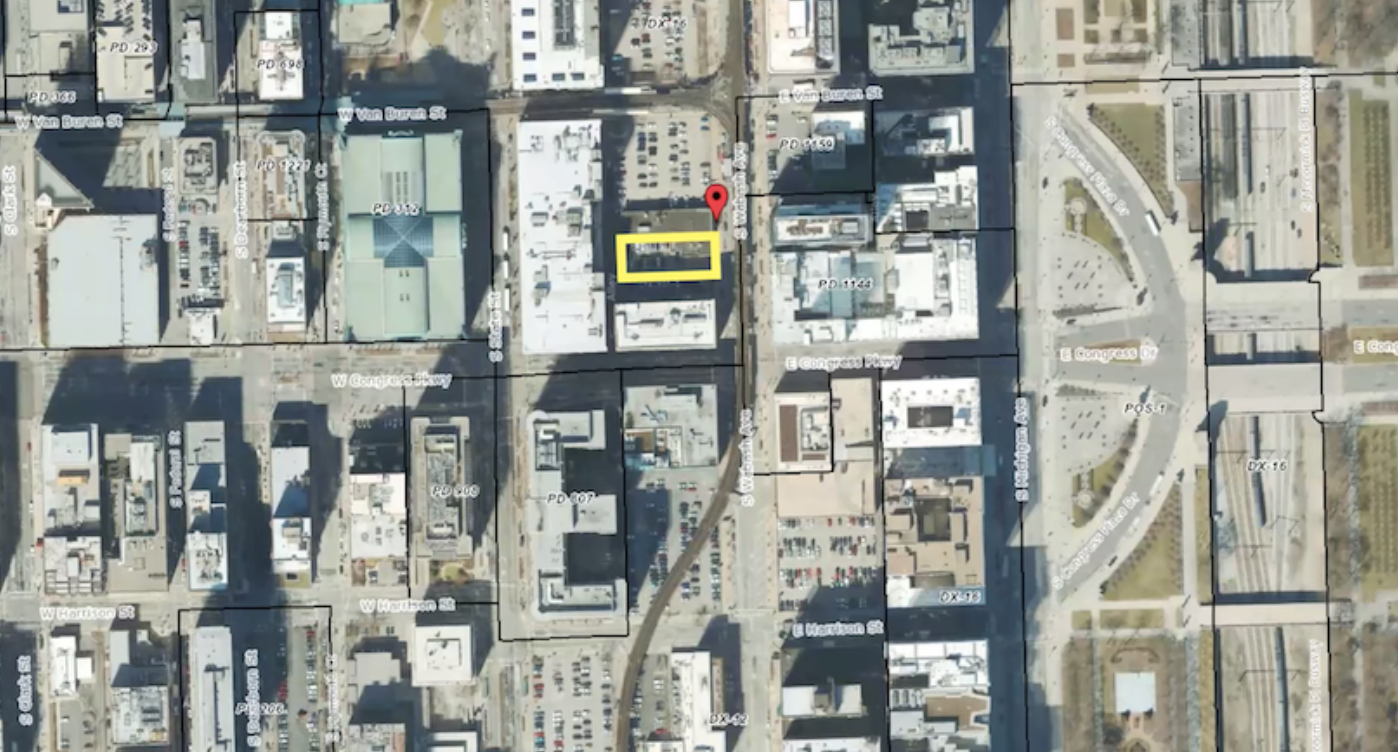
Virtual representation of the proposed 26-story Sonder Hotel at 424 S. Wabash Ave.
Congratulations! You have begun your journey into real estate development. Does the road ahead look complex and even intimidating? While the real estate development process can be difficult, don’t feel overwhelmed! We can help you learn several things to organize your time and resources better. Keep reading for a comprehensive list of what the process looks like for real estate managers and investors. The information comes from our trusted professionals at one of Chicago’s most active real estate development companies, DAC Developments. Here is what you need to know.
Proper development only succeeds if you are working on a site where changes are feasible. Site acquisition is the first step for any developer. Understand the property as well as the neighborhoods, streets, and geography around it. This part of the process is more art than science. Sure you need to study the local market: rent comparables, new construction activity, sale comparables, vacancy rates, and more – but the art is imagining what could be. This requires spending a lot of time in the market, getting a feel for the underlying dynamics, and a sense for what could truly add value. For example, if dense population and traffic surround the site, consider amenities that might improve those elements for tenants. Ask yourself if your idea is reasonable for the space. This knowledge will alert you about what your real estate project needs to begin a proper development.
Due diligence is an intensive part of the pre-development stage. This is where real estate developers ask a series of critical questions about the project and calculate feasibility. A more detailed look at the site will account for things such as:
This stage of development is unique to every project and manager. Due diligence is also one of the riskiest phases of development because of how many acting variables exist on paper. Expectations of the developer’s vision may change depending on found results. Land permits and zoning are more limiting aspects of a development plan. Working within the boundaries of laws and regulations ensures that the timeline and financing of the project continue to move ahead according to expectations. It also reduces the risk of litigation by neighbors or aggravated parties.
The early steps of the real estate development process also include entitlements and financing. With the appropriate permission and funding, your project can move forward without extra barriers. The difficulty of obtaining entitlements varies on location and authority. Developers must have permission from the city, state departments, or even homeowners associations to begin projects. Some locations may easily grant permission to develop commercial property in several neighborhoods. Other areas could take months or years to accept. You have many strategies available to finance a project. Some developers have multi-million dollar budgets to fund development. Smaller developers, in contrast, may start by looking at loans, sponsors, and crowdfunding investments. Developers work closely with their financiers and investors. This relationship sometimes results in compromising on project elements to keep the wheels turning. Choosing the right financing options will determine whether or not you will be able to maintain control over the vision and timeline.

New real estate development in Chicago.
By this point in the process, developers have usually settled on contractors, architects, and other third-party resources to begin the next stage. This next phase of development is the culmination of the due diligence achieved earlier. During this phase, the tangible elements of the project begin to take shape. Site preparation and design can transform with many iterations depending on the property. Some architectural or engineering features of the development can take weeks or months to prepare. If you are doing relatively simple renovations, this phase of the process may be the quickest to complete. Developing on raw land may take significantly more time and effort, depending on geography. Make sure to address these factors during your due diligence efforts. Work with professionals to plan the most efficient design for your property. Doing so will ensure you make a significant return on your investment. A good design keeps workers safe and improves the property value. It is okay to take time trying different options and consulting with third-party resources to choose the right direction.
Developers begin to see their hard work manifest during this stage of the real estate development process. Construction starts after obtaining the correct permissions. You are likely to complete this phase quickly with smaller-scale projects. Larger projects may require a long time commitment. You should take this into account and any other complications or delays that may occur during this phase in your budget. You should continue meeting with your team regularly and begin planning your operations during the construction phase. It is standard to see real estate companies begin lease outreach during this period. This point is also an excellent time to deliver construction milestones to investors and financiers and show the progress of your commitments.
The last stage of the development process is the operations of your property. Developers see their investments pay off once construction ends and the property is in use. Activity may take the form of a business moving in and creating revenue or the start date of a residential lease. Some developers may choose to sell the property to other owners or investors following construction. This method is typical in house flipping or large-scale commercial construction. Options to consider to get the largest possible return on your investment include:
A real estate developer who keeps these options open will reap the benefits of their hard work.
Now you have the concise information you need to begin the next project. Go even further by investing in companies like DAC Developments. We have expertise in all corners of the development process and will guarantee a satisfactory result. You are ready for the next steps. Start your residential or commercial project with confidence.
Get the most out of the real estate development process! Contact us at DAC Developments in Chicago, IL, today!